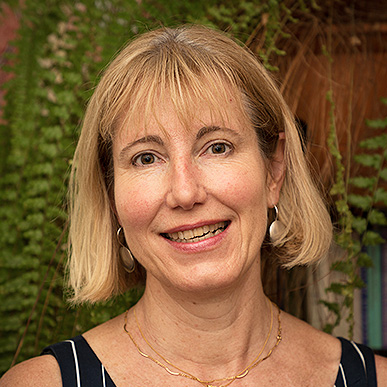Imagining and wording the South. Elleke Boehmer


Ataya: HUMA Interdisciplinary Seminar Series

Project/Paper: Please read these two essays related to the project ‘Southern Imagining’ on which this seminar is focused: ‘The South in the World’ in the book Worlding the South, edited by Porscha Fermanis and Sarah Comyn (Manchester University Press, 2021); and ‘Faraway Close’ published in The London Magazine, June 2022. You may also listen to this recent podcast: A writer reflects on the concept of ‘Southing’.
Bio: Professor Elleke Boehmer FRSL FRHistS FEA is Professor of World Literature in the English Faculty, University of Oxford, and Director of the Oxford Centre for Life-Writing at Wolfson College. She is a founding figure in the field of postcolonial and world literature studies in English. Recent work includes 'Postcolonial Poetics' (2018) and 'Indian Arrivals' (2015), which won the ESSE prize 2015-16. Her biography of Nelson Mandela 2008 has been widely translated, as has 'Colonial and Postcolonial Literature' (1995, 2005). Other work includes 'Empire, the National and the Postcolonial' (2002), and the influential 'Stories of Women' (2005). Elleke’s Boehmer’s fiction includes 'To the Volcano' (2019) and 'The Shouting in the Dark' (2015), co-winner of the EASA Olive Schreiner Prize for Prose, 2018. 'To the Volcano' was commended for the Australian Review of Books Elizabeth Jolley Prize, 2019, and longlisted for the Edgehill Prize. Elleke Boehmer was awarded a British Academy Senior Research Fellowship 2020 for ‘Southern Imagining’—a project exploring understandings of the world from the Global South. Elleke also works on the UKRI funded ‘Accelerate Hub’ based at UCT and Oxford, in which she researches how storytelling practices underpin and impact identities. In 2019 Elleke Boehmer was made a Fellow of the Royal Society of Literature and a Fellow of the Royal Historical Society, UK.
Topic: If, as Sapir and Whorf argued, our understanding of the world is in part shaped by the words we have to name it, then the loss and fading of many Indigenous Southern languages mean that vital aspects of the southern hemisphere’s reality still elude southerners’ capacity to interpret them, even when they live those realities. The lands, oceans, and living creatures of the south are imagined not through local words that have grown up in those contexts, but by words from elsewhere, that necessarily bear little relation to those spaces, and require adaptation, revision, and readjustment. This presentation explores these ideas of geo-linguistic determinism by taking five or six Indigenous southern words naming either a distinctive southern object, a geological or astronomical feature, or a characteristic practice. Through these readings, the paper will explore the concept that lies at the heart of my Southern Imagining project – that northern concepts are out of kilter with southern lives. Against this, tracing the etymology of southern words including place-names can offer ways of reawakening southern knowledge.